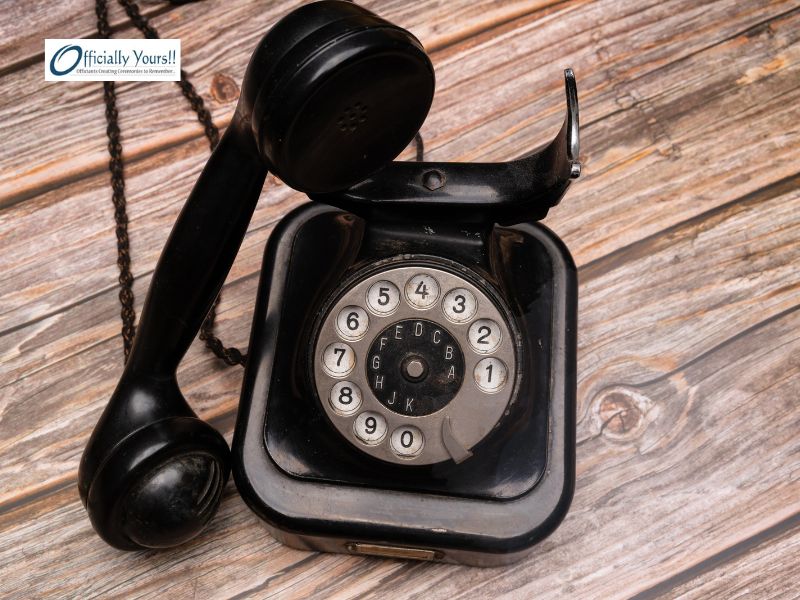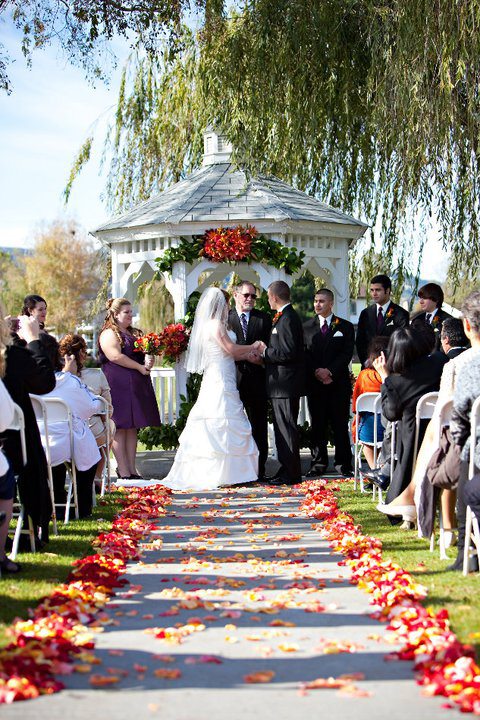What questions should you ask an officiant?
Planning a wedding is an exciting journey, and choosing the right officiant is one of the most important decisions you’ll make. The officiant sets the tone for the ceremony, helps craft personalized vows, and guides the flow of your big moment. If you’re wondering what to ask your officiant, you’re already on the right track. This guide will walk you through essential questions to ask, along with practical tips to ensure your ceremony is meaningful, legal, and exactly the way you imagined.
Introduction: What questions should you ask an officiant and why the right officiant matters
An officiant is more than the person who pronounces you married. They are a partner in your ceremony, a storyteller who weaves your values, beliefs, and love into the moment. Asking the right questions helps you assess compatibility, legal considerations, and the ability to customization. Whether you’re planning a nonreligious ceremony, a faith-based rite, or something entirely unique, the questions you ask should align with your vision.
Legal and logistical basics: ensure your ceremony is valid
Before you dive into creative touches, confirm the practical details. The last thing you want is a ceremony that isn’t legally recognized or runs into last-minute hitches.
- Are you licensed to perform weddings in this state/country, and are there any limits or conditions I should know about?
- What documents will you need from us, and by when, to ensure the marriage license is correctly filed?
- Do you handle the filing of the marriage certificate, or is that something we must manage ourselves after the ceremony?
- Are there any deadlines or residency requirements that could affect our ceremony date?
- Do you have a standard contract, and what are the cancellation or rescheduling policies?
Ceremony style and customization: shaping the experience
Every couple is different, and the officiant’s style should match your vision. Use these questions to gauge tone, flexibility, and the storytelling approach.
- How would you describe your officiant style (formal, casual, spiritual, secular, humorous, solemn)?
- Can you customize the ceremony script to reflect our story, beliefs, and values?
- Do you offer sample ceremonies or a planning questionnaire to help us articulate our preferences?
- Are there parts of the ceremony you won’t perform or would prefer not to include?
- How long do you typically speak during the ceremony, and can we tailor the length?
- Do you offer written vows or can we write our own, and how do we incorporate them?
Personal connection and rehearsal: building comfort
A strong connection with your officiant can ease nerves on the big day. Consider these questions about rapport and rehearsal logistics.
- How would you describe your approach to getting to know the couple before the ceremony?
- Do you offer a rehearsal, and what does it include? How many people typically attend?
- Will you coordinate with other vendors (musicians, readers, decor) during the rehearsal?
- If plans change, how flexible are you with last-minute adjustments?
Speech, rituals, and symbolism: choosing meaningful elements
Rituals and readings can add depth to your ceremony. Clarify what’s possible and appropriate for your vision.
- Do you offer a variety of readings, and can you help us select ones that fit our theme?
- Are secular or religious references acceptable, and how do we balance different belief systems?
- Can we incorporate personal rituals or family traditions (lighting a unity candle, handfasting, sand ceremony, etc.)?
- Do you have experience with interfaith or intercultural ceremonies?
- How do you handle sensitive topics (loss, divorce, trauma) in readings or rituals?
Fees, timelines, and logistics: budget-conscious planning
Understand the financial and logistical commitments to avoid surprises.
- What is your total fee, what does it include, and are there any hidden costs (travel, rehearsal, extras)?
- Do you require a retainer, and when is the remaining balance due?
- What is your lead time for scheduling, and how far in advance should we book?
- Are there specific timing considerations for our venue (outdoor weather contingency, sound equipment)?
- Do you provide a written ceremony template for our approval, and how many rounds of edits are included?
Contingencies and accessibility: inclusivity and adaptability
Life is unpredictable. Ensure the officiant can adapt to changes and accommodate guests.
- What is your policy if the ceremony runs late or the power fails during an outdoor event?
- How do you ensure accessibility for guests with disabilities or limited mobility?
- Do you offer virtual or elopement options if plans change or travel becomes difficult?
- Are you comfortable performing ceremonies for non-traditional families or LGBTQ+ couples?
Reassurance questions: experience and references
It’s reasonable to want reassurance from someone who will guide a central moment of your day.
- How many weddings have you officiated, and do you have sample ceremonies you can share?
- Can you provide references from couples you’ve worked with recently?
- Do you have liability insurance, and what happens if you’re unavailable on the wedding date?
Final thoughts: aligning expectations and next steps
Choosing the right officiant is about alignment, chemistry, philosophy, and practical arrangements. Take notes during conversations, ask for written proposals, and trust your instincts about whether you feel heard and supported. Remember, the officiant is a collaborator in your ceremony, not just a service provider.
What to do next: steps to move forward
- Compile a short list of potential officiants who fit your style and budget.
- Schedule consultations to ask these questions and gauge comfort and compatibility.
- Compare quotes and ask for a detailed contract to review before signing.
- Once you choose, share your vision, reading preferences, and any family considerations early to ensure a smooth planning process.
What questions should you ask an officiant? – Final thoughts
The right questions to ask your officiant can transform a potentially stressful planning phase into an enjoyable collaboration. By clarifying legal requirements, ceremony style, personal connection, and logistical details, you’ll set the stage for a ceremony that truly reflects you as a couple. If you keep the conversation open, honest, and collaborative, your wedding day will proceed with confidence and meaning.
Contact Officially Yours!! Weddings today and ask us anything!



Follow Us!